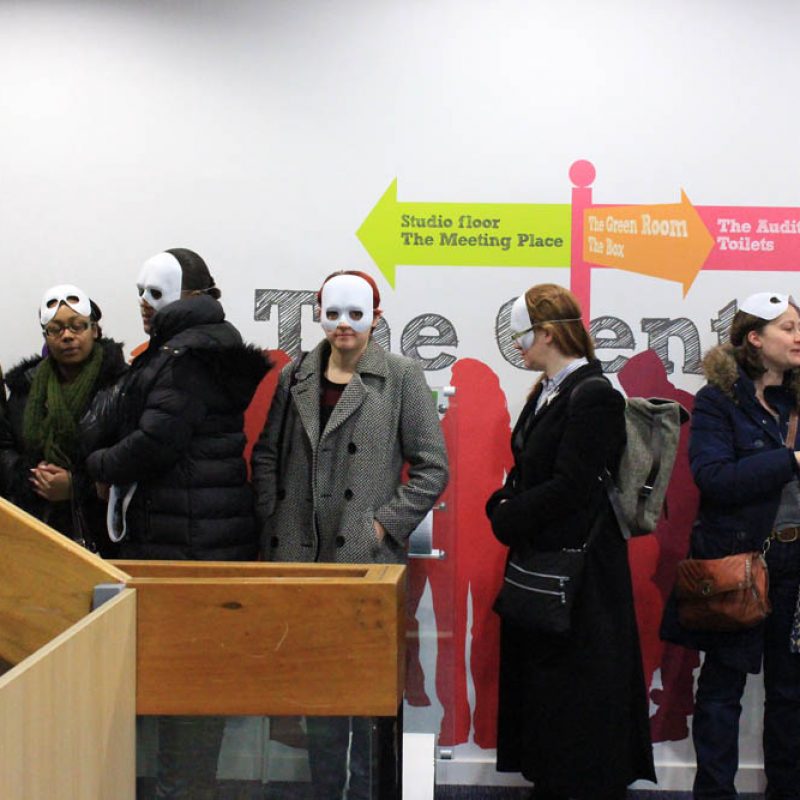Old content
This post is over 3 years old. Some of the content might be out of date. If your after something more up date, check out our latest posts. If you want to find out more about the content on this page, contact us.
Re-Live create some really innovative & interesting theatre that documents the lives and experiences of older people. They are driven by the belief that everyone has a story to tell, and that a person’s wellbeing depends upon that story being validated and respected.
The training we did grew out of a trip Re-Live made to Japan to see how they looked after older people in care. In Japan, Karin from Re-Live worked with Dr Yukimi Uchide, General Director of the Social Welfare Foundation Tenjin-kai in Ofunato.
She described the three phases of Japan’s response to their ageing society.
To begin with people with dementia had been locked away; in the ”era of cure” they were put in care homes and given medication; then came the “era of care”, when a massive programme of arts was ploughed into care homes, and elderly residents were plied with a schedule of activities with the best of intentions but without necessarily any reciprocal purpose; now Japan is in the “era of reciprocity” where older people have “treasured partners” and activities are collaborative and based on consent and a strong respect for identity and continued respect for adulthood.
Barings Foundation – ‘After You are Two’ Report
The training is an immersive experience; we were asked to put on masks before entering the room. Many of the participants experienced confusion, frustration and lack of choice. Discussions after the exercise made clear that this is the reality for older people with dementia. It made us aware of the daily challenges that they face.
Re-Live’s approach was thoughtful and, at times, emotional. This is the sort of training that you don’t forget in a hurry. We discussed answers to the question ‘what might people with dementia need?’ and looked at practical approaches to improving the quality of life for those affected by dementia. Non-verbal communication was explored and we saw an example of work being done with music therapy, a powerful tool that can be used to unlock someone from their internal world.
It was a memorable day, leaving participants with an emotional understanding of and empathy for people that can be practically applied in their everyday work. City Arts will certainly be putting on more training like this… so watch this space.
